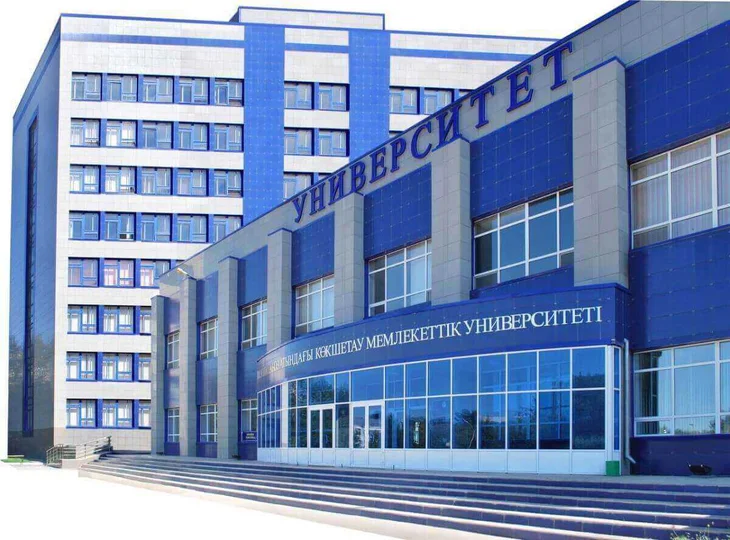Russian language and literature

Educational program code
7M01702
Language of instruction
Kazakh, Russian
Learning level
Graduate
Duration of study
2 years
Objectives of the educational program
Training of highly qualified personnel with systematized knowledge in the field of modern scientific paradigms (general scientific, linguistic, literary, methodological), able to use high-level skills and the potential of innovative technologies in the professional pedagogical field, in research, social and cultural activities.
- Management psychology
- History and philosophy of science
- Pedagogy of higher education
- Research culture and scientific ethics
- Research practice
- Foreign language (professional)
- Contemporary Literary Studies: Leading Issues and Trends
- History of the Russian literary language
- Pedagogical practice
- Psycholinguistics
- Actual problems of linguistics
- Language and culture: theory and practice of compiling dictionaries
- Sociolinguistics
- Methodology of scientific research
- Methods of teaching philological disciplines in higher school
- Actual problems of modern world literature
- Russian literature of the end 20th - early 21st centuries
- Methods of teaching Russian as a foreign language
Learning outcomes and competencies
- Demonstrate developmental knowledge and understanding gained at the tertiary level of professional education, which is the basis or opportunity for original development or application of ideas, often in the context of scientific research.
- Аpply knowledge, understanding and problem-solving ability to new or unfamiliar situations within the contexts and within the broader (or interdisciplinary) fields of study in higher education.
- Possess communication skills; freely interpret the rules and principles on the basis of their creative development and rethinking of theoretical concepts, put forward hypotheses and propose ways to experimentally test them, as well as clearly and clearly communicate their conclusions, justifications, master the basics of business communication and methods of reaching a compromise, preventing industrial conflicts, own oratory art, the ability to correctly and logically formulate one's thoughts in oral and written form.
- Apply modern computer technologies when processing the results of scientific experiments, collecting, processing, storing and transmitting information when conducting independent scientific research.
- Own modern scientific paradigms of linguistics and literary criticism, a system of methodological principles and methodological techniques of philological education.
- Summarize the results of experimental research and analytical work in the form of a dissertation, article, report; apply the knowledge necessary for daily professional activities and continuing education in doctoral studies.
- Use modern techniques and innovative technologies in the process of professional activity, reflecting the latest content of domestic and world education
- To create a competitive philological product with the characteristics that are necessary for its commercialization